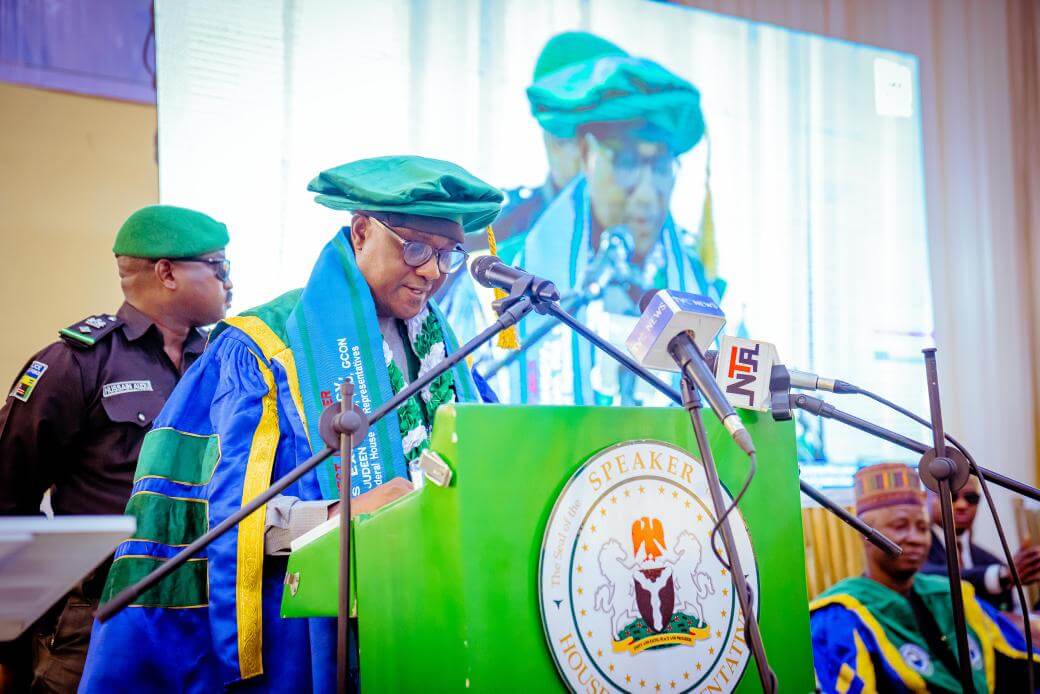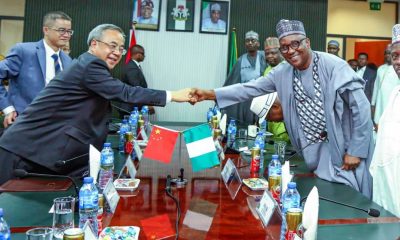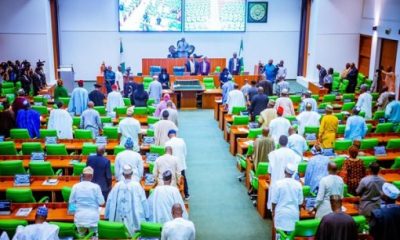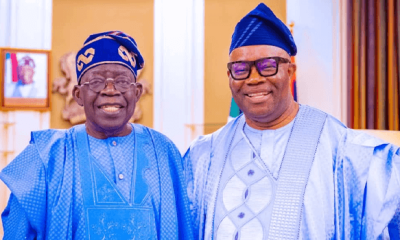Nigeria News
Nigeria Can’t Grow Without Diversifying From Oil – Speaker Abbas

The Speaker of the House of Representatives, Tajudeen Abbas, has reiterated the need for the country to diversify from its over relinace on oil-based economy.
Tajudeen Abbas said unless Nigeria diversifies from her dependence on oil, the country may not reach her full economic potential among comity of nations.
He stated this on Monday while delivering lecture at the 14th Convocation Lecture of the Al-Hikmah University, Ilorin, on the theme ‘Beyond Oil: Exploring Alternative Revenue Potentials for Economic Growth and Sustainable Development in Nigeria.’
“This topic speaks to one of the most pressing challenges confronting our nation. It becomes evident that our over-reliance on oil revenue has left us vulnerable to global market fluctuations, environmental degradation, and economic instability.
“For me, it is also a great challenge to the consciousness of our political leaders, policymakers, technocrats, and academicians on the need for strategic thinking and urgent collective action,” he said.
The Speaker stressed the need for Nigeria to diversify the oil-dependent economy, warning that a further delay poses more challenges ahead for the country.
He emphasized there was need for deliberate and collective efforts by all stakeholders in the public and private sectors to chart a strategic way forward for the country economically.
Abbas said agriculture, mining, manufacturing/industrialization, ICT/digital economy, and creative industries/tourism are areas the government must tap into to harness their potential.
“No doubt, oil dependency has led to several economic, environmental, and strategic challenges. Economically, Nigeria faces significant volatility due to fluctuations in global oil prices,” he stated.
The Co-Chairman of the 10th National Assembly identified institutional weaknesses, infrastructural deficits, and global economic pressures as challenges confronting the country’s diversification moves.
“Without a robust strategy for economic diversification, Nigeria may struggle to remain competitive in a changing global energy market. Addressing these challenges requires coordinated efforts to enhance economic resilience, protect the environment, and position Nigeria for sustainable growth in a low-carbon future,” he noted.
Speaker Abbas explained that the House has supported legislation to reduce dependence on oil revenues, enhance agricultural productivity, and promote industrialization.
“Constituency projects, including road construction, school renovations, and water supply schemes, have also contributed to job creation and economic empowerment at the grassroots level,” he added.
He further commended the management and staff of Al-Hikmah University for hosting 14th Convocation Lecture that focused on addressing the nation’s critical challenge.

![[JUST IN] Full List: Reps Inaugurate 21-Member Ad-hoc Committee To Oversee Rivers Administration](https://www.naijanews.com/wp-content/uploads/2024/04/Abbas-Tajudeen-400x240.jpg)
![[JUST IN] Full List: Reps Inaugurate 21-Member Ad-hoc Committee To Oversee Rivers Administration](https://www.naijanews.com/wp-content/uploads/2024/04/Abbas-Tajudeen-80x80.jpg)









